Although the Harry Potter movies tried to stay as close to the book's story as possible, focusing on the central plot wrongly adapted many characters. While plenty of them still did many of the things they did in the books, they lacked the same heart, humor, or wit that made them so relatable or fun to fans in the first place. The movies stripped some of the characterizations from fan-favorite main characters and showed warped or perfected versions of the book's counterparts. Ron and Ginny Weasley may be one of the best examples of characters wronged by the movies.
The movie's version of Ron is portrayed to be comic relief without much depth, and Ginny is a background decoration until she needs to be helpful. Otherwise, Harry loses the sarcasm and wit that allows him to stand out as a main character. While the book portrays Hermione as studious, she is also flawed, like any other person. The movie's counterpart embraces perfection, being right all the time in every way, instead of coming across as an imperfect human. As close as Snape may be to his novel counterpart, the movies lack attention to his darker side in an attempt to redeem him.
Harry: Sarcasm and Wit
The boy who said, "No need to call me Sir, Professor," is nowhere to be seen in the films. The film version of Harry lacks the jokes and comedy that the book's version included as a way to keep the drama on screen. Unfortunately, scrapping that element of the character meant getting rid of one of the best things about him. Instead of showing that Harry had his own sense of humor and ability to be sarcastic, the movies show he can find others funny and may have a light-hearted side, but the films portray him as primarily serious.
Ron: Usefulness
In the novels, Ron makes use of his intelligence and loyalty. He certainly has his faults, but he also has positive attributes that show his good side and intentions. Ron is helpful in the novels, even if he makes many mistakes. In the movies, Ron is pushed aside as occasional comic relief without any of his redeeming qualities. In the film, Harry and Hermione could have done everything independently without Ron and would have gotten the same results. In the books, Ron is an integral part of the team.
Hermione: Flaws
Hermione remains an academic genius in both iterations. But, in the films, Hermione is wise to the point where she is never framed as being in the wrong. Hermione is almost always considered either right or justified in her actions. Even in moments where Hermione is deemed to play opposition to Harry, such as in Half-Blood Prince, it is toned down spectacularly from how it was presented in the novels. In the books, Hermione is just as flawed as anyone else. She still develops, but her faults are displayed to show her as a human being outside her academic strides.
Ginny: Personality
Due to time constraints and the inability to offer every side character depth, Ginny's personality got scrapped. Rather than being quick with magic and having a history of stealing her brothers' brooms, Ginny is barely present in the story. She is hardly shown up until Order of the Phoenix, and even then, her role is far less important in the grand scheme of the movie, even though she is a part of the small group to infiltrate the Ministry.
By the time Half-Blood Prince came around, there were no real justifications to continue the novel's path of turning Harry and Ginny into love interests, as Ginny had been nothing but Ron's little sister and background character in every previous film. Ginny even takes a backseat in that movie to being anything other than a love interest for Harry.
Dumbledore: Layers
As movies, Harry Potter and the Deathly Hallows do not focus heavily on the revelations surrounding the darkness of Dumbledore's backstory. Dumbledore was a complicated man who fought for the light but had once been tempted by darkness. He understood that absolute power, such as the Minister of Magic position, would not be an excellent job for him, as someone more easily tempted or corrupted by power.
However, the movies do not portray that even the leader of the light could be intrigued by darkness or the effects it has on Harry. Instead, Dumbledore is mainly portrayed as a grandfather figure to Harry, and only in the end is it revealed that Dumbledore had practically raised Harry like a pig for slaughter, which is only a brief reference.
Snape: Full Extent of Villainy
Snape is one of the most controversial characters in Harry Potter. The fans tend to be split between determining if he was a hero for loving Lily or a villain due to his actions, history, and that his feelings for Lily were more in line with obsession than love. The movie wants the audience to feel empathy for Snape and to confirm he was truly on Dumbledore's side of the war all along, presenting the memories that show Snape in the best light.
Except, it does not entirely succeed there, either. Showing Snape walk past a dead James and crying Harry to hold onto a dead Lily is not the romantic moment the movie wants it to be. Additionally, the film leaves out Snape's history of practicing dark magic as a Hogwarts student, proving he was not an innocent victim, insulting Lily, and brutally bullying Neville, Hermione, and Harry countless times.
Fred and George: Determination
The duo of jokesters is relegated to just that in the films. They are basically there for comic relief without the depth and character growth the books offer them. Fred and George are certainly pranksters in the books too, but the novel counterparts to the characters receive a more serious approach regarding their wish to open a joke shop.
Fred and George's determination to bring joy to the wizarding world in a time of peril and understanding that they do not need to remain at Hogwarts, especially while Umbridge runs the place, gets more backstory than the duo's exciting escape in the Order of the Phoenix film.
McGonagall: Humor
Although Professor McGonagall is portrayed as a no-nonsense person in each iteration, the books offer the character slightly more humor throughout each installment, especially regarding her dislike of Umbridge. McGonagall is more than happy to offer Harry a biscuit after he tells off Umbridge, insults Umbridge directly to her face, and encourages chaos as Umbridge attempts to take over the school. While slivers of McGonagall's humor appear in the movies, they do not encompass all she had to offer.
Draco: Desperation
Harry Potter and the Half-Blood Prince does an excellent job of highlighting Draco's descent into desperation. His life had been turned upside down with Lucius in Azkaban, and Draco has to prove himself as a capable Death Eater to Voldemort, or else the Dark Lord will kill Lucius and Narcissa. He is desperate to protect his family and save his own life.
But, throughout Deathly Hallows, Draco starts to understand exactly what he has gotten himself into, and he can not go through with it. He can not give up Harry, and when it counts during the war, Draco eventually switches sides, unable to follow through with being the killer he was expected to become.
Lord Voldemort: Motive
The books do a deeper dive into Voldemort's past as Tom Riddle, so by the conclusion, the readers know all the blanks of the main villain's backstory, along with his motive for his actions. Although Voldemort's actions were wrong and unforgivable, time was spent understanding the story's central antagonist. Although the films offer slight hints about Voldemort's backstory, it lacks the exact essential details that fill out the entirety of his motive and makes Voldemort come across more as a one-note villain.
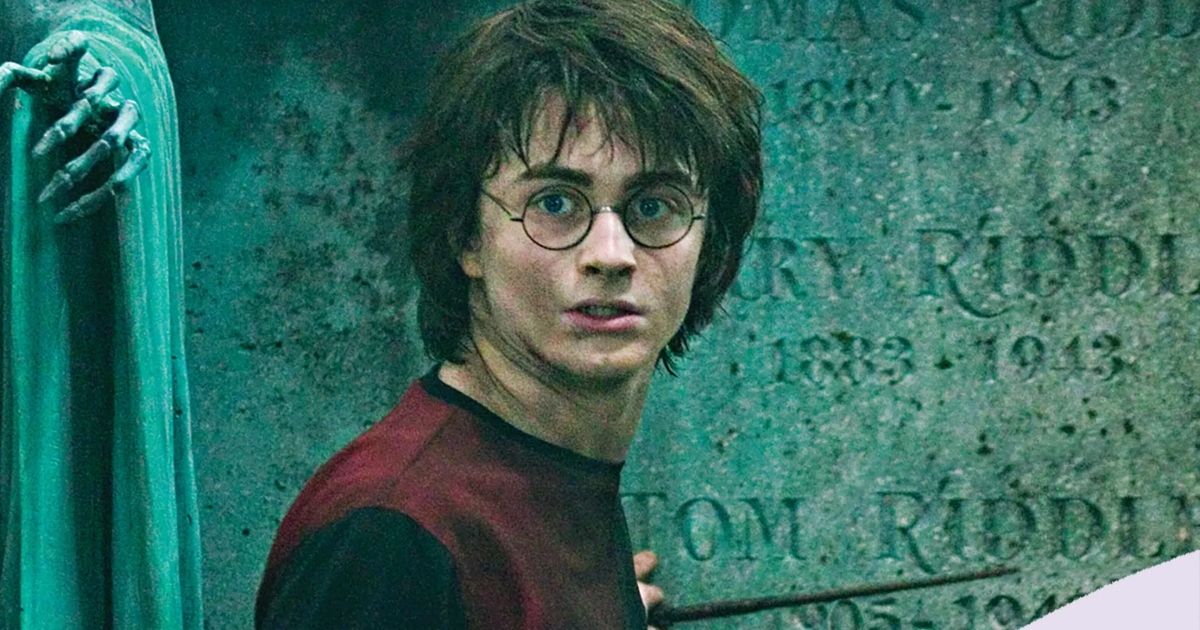
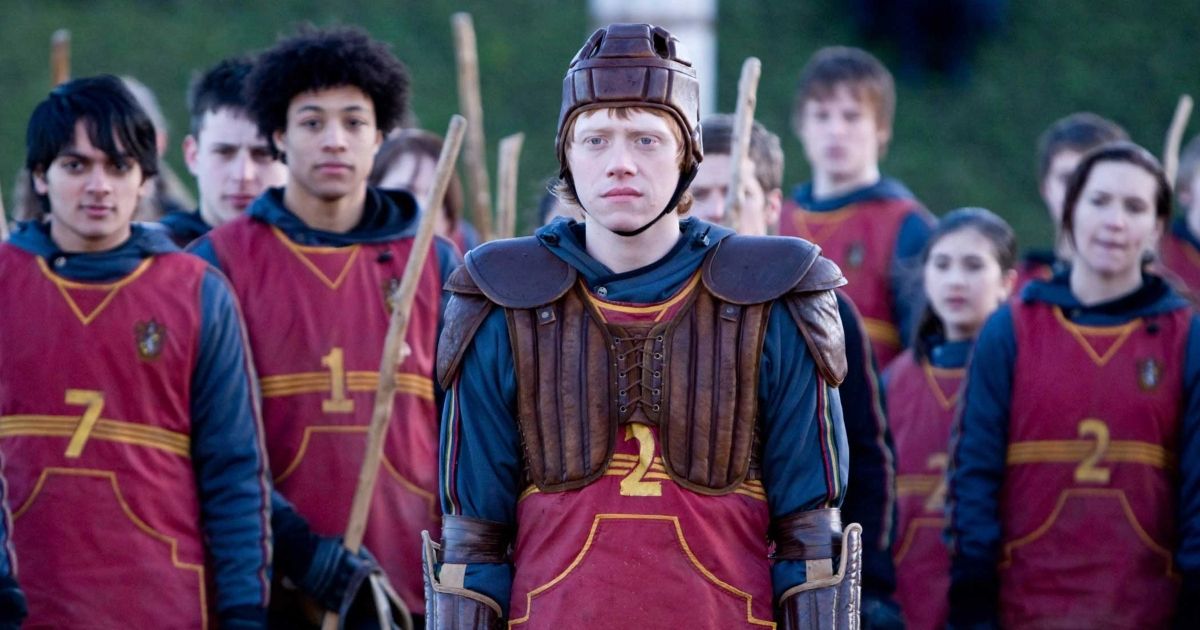
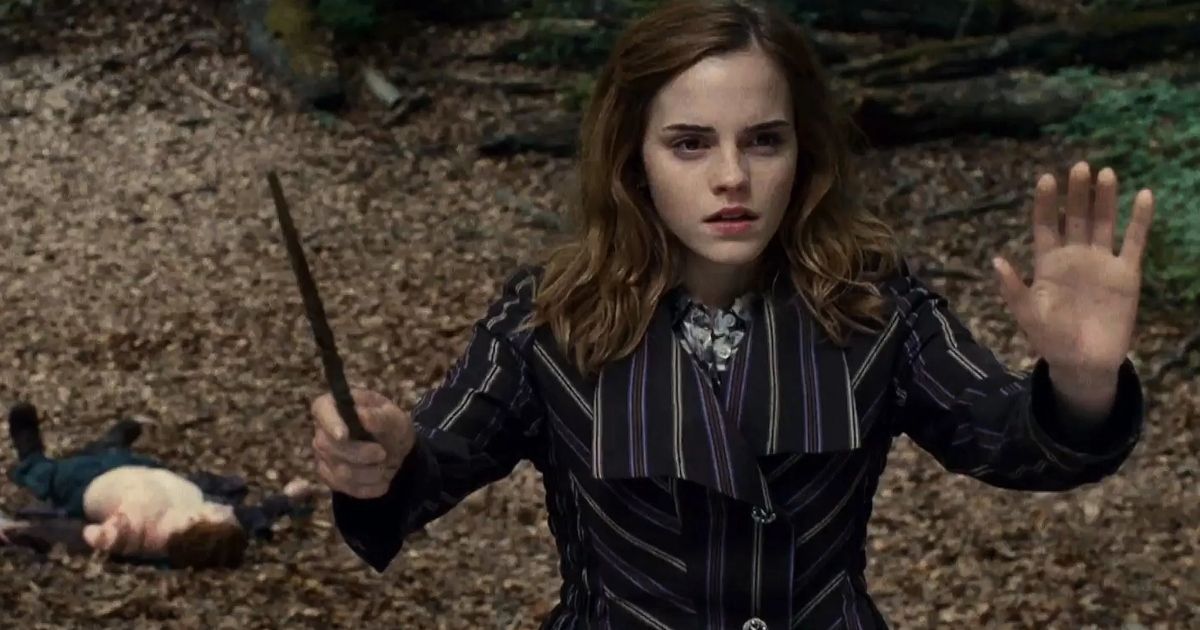
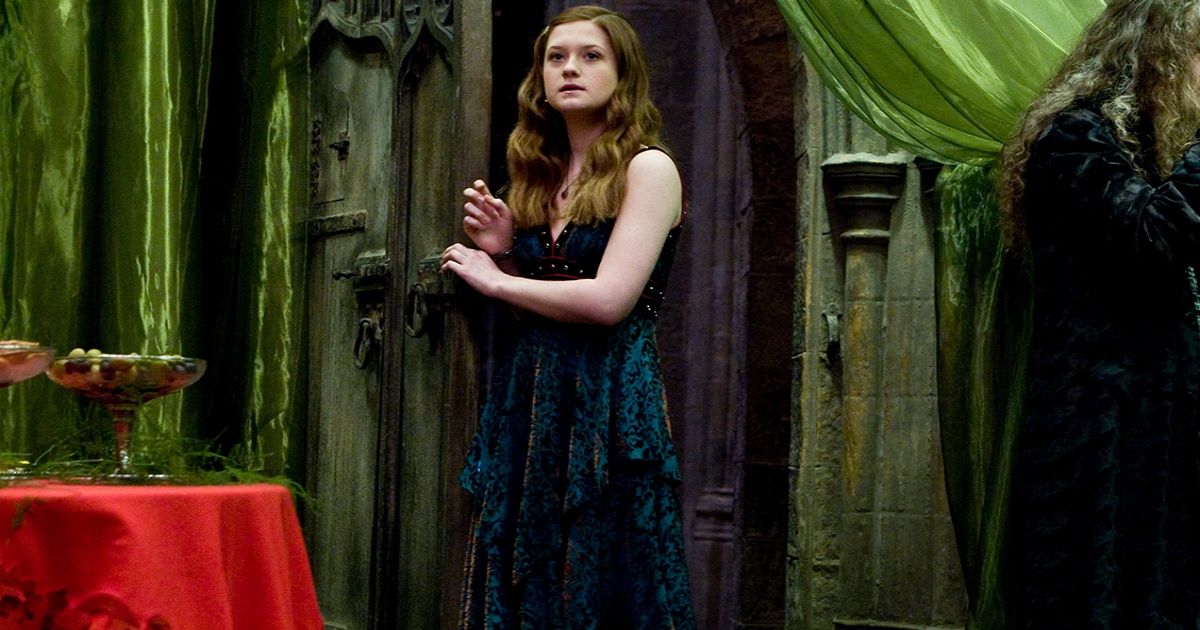
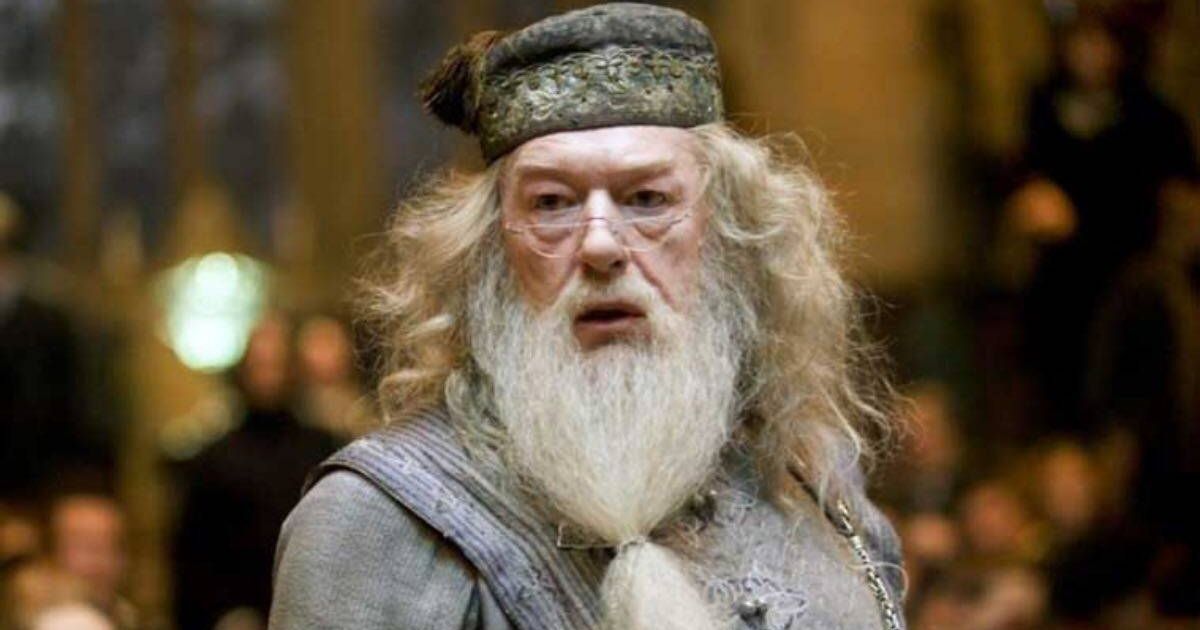
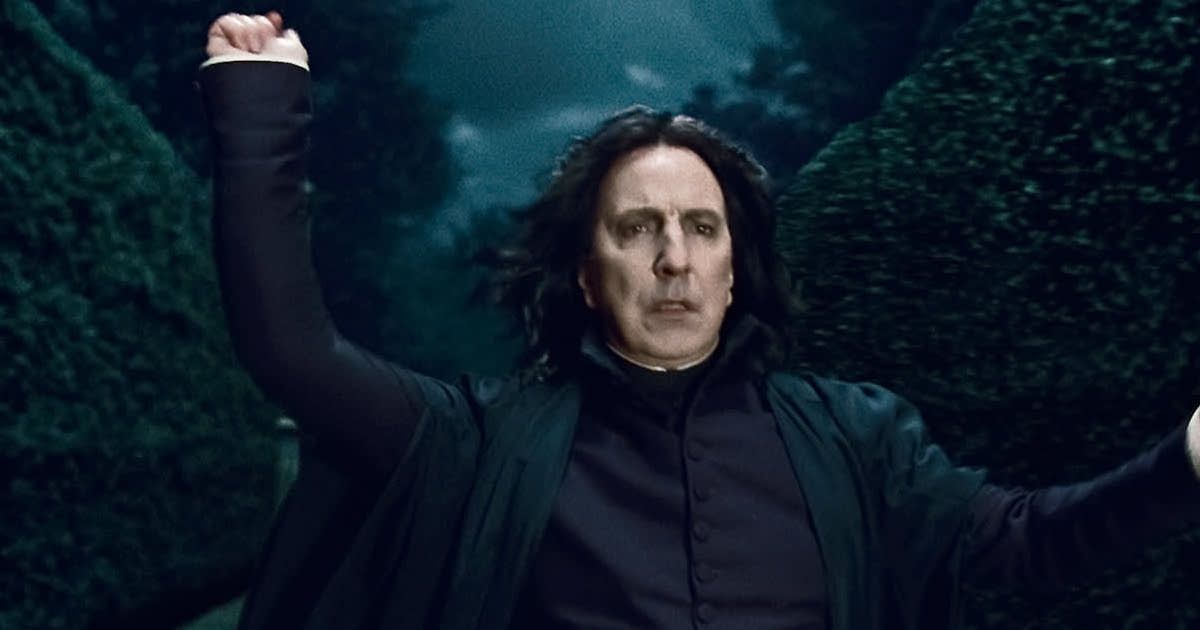
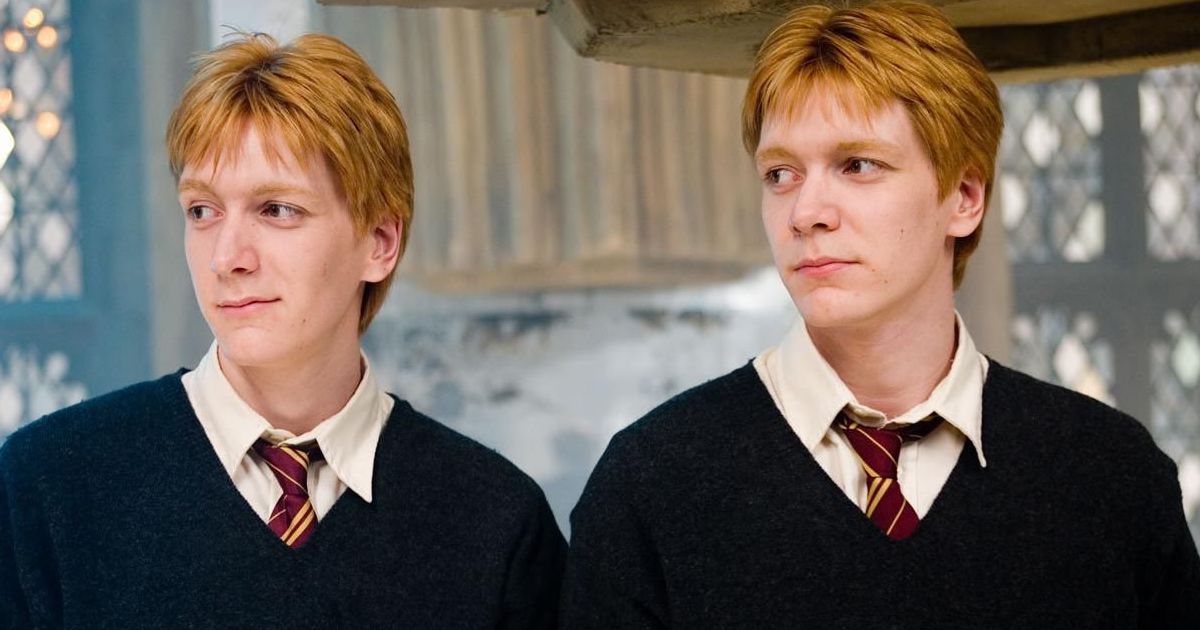
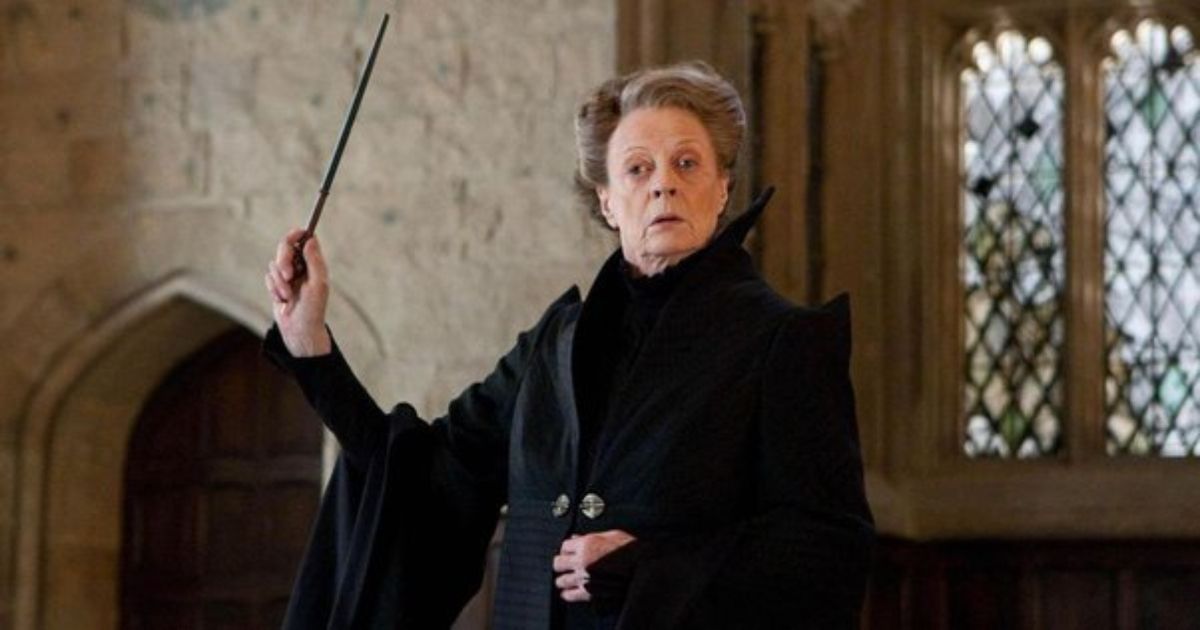
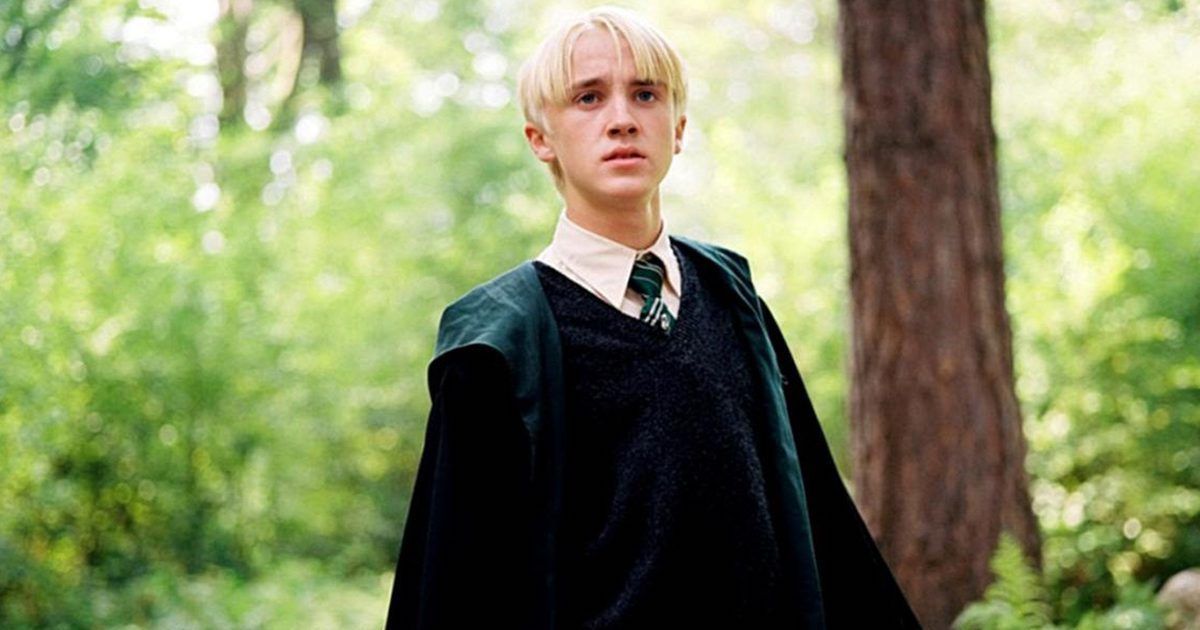
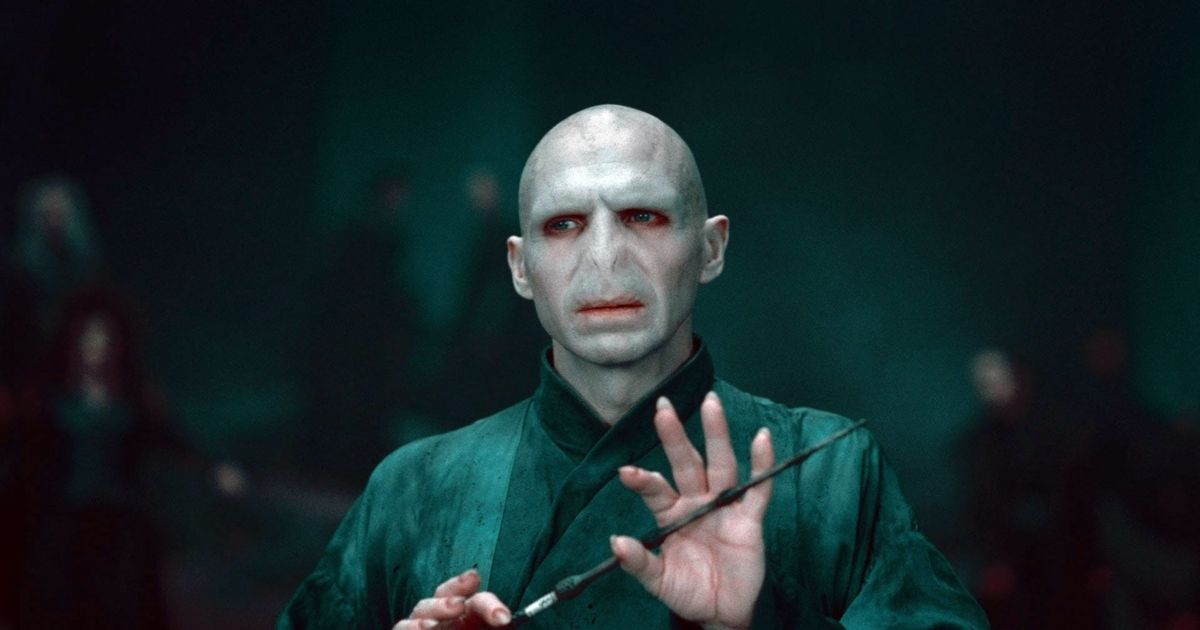
Comments
Post a Comment